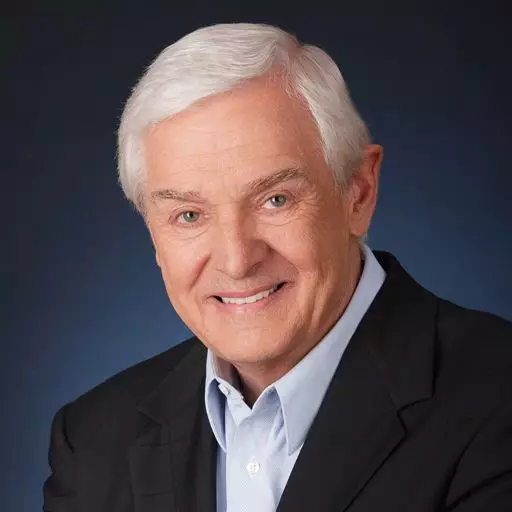I remember when a whole generation exploded in the 1960s, rebelling against war, materialism, and institutions of all kinds. Colleges were bombed, schools closed by sit-ins, students shot, and America came unglued. The epicenter was in San Francisco’s Haight-Ashbury district (called “Hashbury” by the hippies), where disillusioned, long-haired youth adopted countercultural values, turned on to drugs, dropped out of society, and protested the “establishment.”
In the middle of the Hashbury bedlam in 1967, a Christian couple opened an evangelistic coffeehouse called The Living Room. Other Christian coffeehouses soon opened up and down the West Coast. Ministries started, souls were saved, and the winds of revival blew thousands of hippies into the Pacific Ocean to be baptized. This was the beginning of the Jesus Movement.
Many Christians viewed Jesus People skeptically. But on January 1, 1971, Billy Graham rode through Pasadena as grand marshal of the Tournament of Roses Parade, and a sea of newly-converted hippies surrounded him, pointing index fingers to heaven and shouting “One Way.” Deeply moved, Graham committed himself to encouraging these young people who, out of despair, were seeking Christ. He called them “The Jesus Generation,” penning a book by that title.
The media also noticed. Look Magazine reported in its February 9, 1971 edition: “A crusade…has caught hold in California, and it shows every sign of sweeping East and becoming a national preoccupation. It’s an old-time, Bible-toting, witness-giving kind of revival, and the new evangelists are the young.”[1]
The magazine continued: “The Jesus movement seems to be springing up simultaneously in a miscellany of places, and often in the last places you would think to look. But maybe, because this is California, this should be the first place to look. In Orange County, an entire motorcycle gang converted…. Dozens of go-go clubs throughout the state have been turned into religious coffeehouses, where kids go to sing and pray.… Religious clubs are forming on the campuses of California—Stanford, Berkeley, and UCLA. It’s a revival, there’s no getting around it. Jesus is rising in California. He’s the latest movement, the latest thing to groove on.”
Time Magazine featured a purple Jesus on its cover, encircled by a rainbow bearing the words, “The Jesus Revolution.” The magazine described Christ as the “notorious leader of an underground liberation movement,” who bore the appearance of a “typical hippie type—long hair, beard, robe, sandals.”[2]
Yet He was changing lives. Thousands of the Jesus Freaks, as they were sometimes called, flooded churches in Southern California. Congregations welcomed the unconventional converts and encouraged them to play their guitars, enjoy their folk-rock sounds, and write new songs to the Lord, thus nurturing the emergence of praise and worship music. Ripples of revival spread into youth groups and churches around the world. As in any revival or movement, there were pockets of immaturity. Not everyone was doctrinally or morally sound. In the confusion of the times, some pastors hardly knew what to think. But yesterday’s “Jesus People” are today’s church leaders. Their passion for Jesus has never dimmed. Fueled by the revival of those days, an army of Christian workers has labored on mission fields for a generation. Many have advanced the cause of Christ on university campuses and in churches around the world. Their songs have changed the way we worship, adding fresh notes to our hymnody and giving us a new era of Christian music.
Though the term “Jesus People” isn’t biblical, it’s not far from it. According to Acts 11:26, “The disciples were first called Christians in Antioch.” “The word “Christian” means “a person like Christ.” In other words, they were “Christ People.”
It’s time for this generation to return to the simple faith rooted in discipleship. I believe God wants us to experience perpetual power in our hearts, to be part of a movement with momentum, to be authentic Christ Followers. We’re called by His name, so let’s keep our love fresh and our zeal strong. You don’t have to dig out your tie-dyed shirt or bell-bottom pants. But it is time to remember that we are Jesus People.
Dr. Jeremiah is the founder and host of Turning Point for God and senior pastor of
Shadow Mountain Community Church in El Cajon, California.
For more information on Turning Point, go to
www.DavidJeremiah.org.
[1] Look, February 9, 1971, 15-21.
[2]“The Alternative Jesus: Psychedelic Christ,” TIME Magazine, June 21, 1971.



